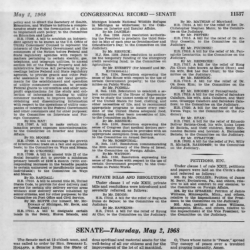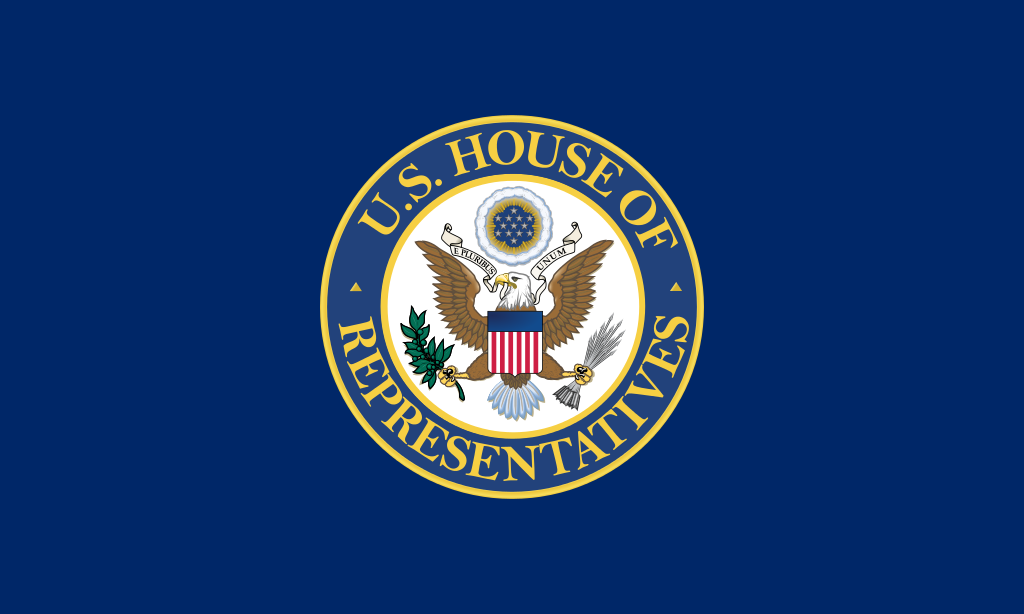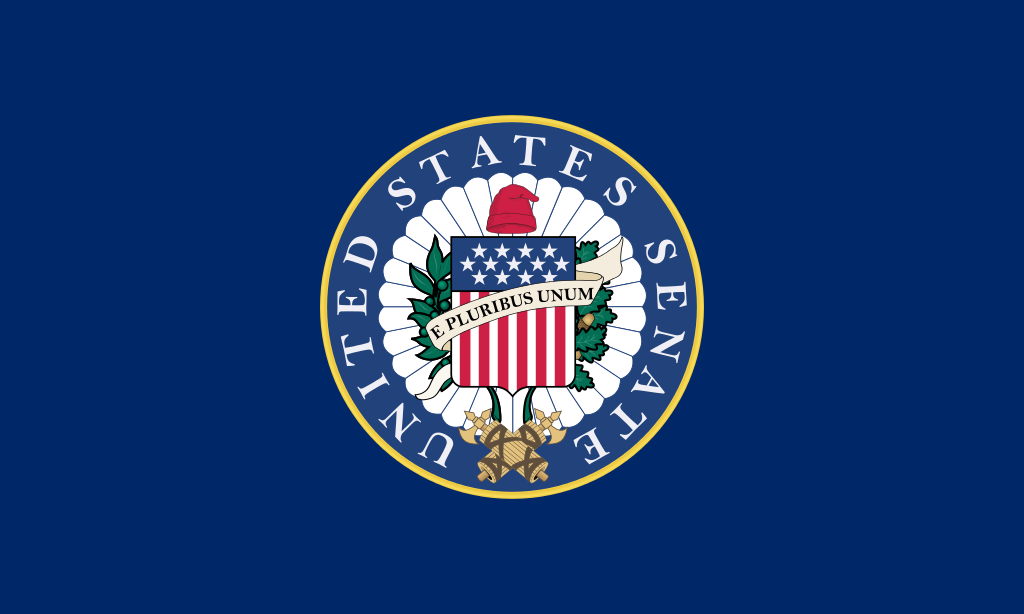Guest Chaplain: Rabbi Morris A. Landes, Congregation Adath Jeshurun, Pittsburgh, Pennsylvania
Sponsor: Sen. Joseph Clark (D-PA)
Date of Prayer: 2 May 1968
Sponsor: Sen. Joseph Clark (D-PA)
Date of Prayer: 2 May 1968
TOGGLE COLUMNS (on/off):ADJUST COLUMN POSITIONS: select the column header cell and drag it where you want. show me!COPY INDIVIDUAL COLUMN(S): use CopyTables, a browser extension.
| Contribute a translation | Source (English) |
|---|---|
Our God and God of our fathers, we are thankful for the dream which is these United States of America, one Nation unified in spirit and in purpose, conceived in liberty and dedicated to the proposition that all men are created equal and are endowed with God-given rights of life, liberty, and the pursuit of happiness[1] Cf. the US Declaration of Independence, stylized by Benjamin Franklin and penned by Thomas Jefferson, famously signed 4 July 1776. Scholars differ as to whether the historical origin of “life, liberty, and the pursuit of happiness” are rooted in Lockean Rights (following after the “Virginia Declaration of Rights” written by George Mason and adopted 12 June 1776) or possibly in Jefferson’s self-proclaimed Epicureanism. –Aharon Varady. without regard to race, color, creed, or place of national origin. Grant us the wisdom and the understanding to make that dream a reality for all the inhabitants of our oceanbound borders. | |
May concord and harmony exist within our Nation, and may we exert our tremendous spiritual and material assets for the well-being of all our citizens and for the improvement of the lot of all mankind. | |
On this day, the 20th anniversary of the State of Israel, we are thankful as well for an ancient prophecy come true, whereby the people of the Bible have returned to the land of the Bible there to found once again a nation promised by Biblical Writ. | |
We are grateful that the dream and the prophecy have joined together in the sympathetic support manifested by our great Nation to the concept of a reborn State of Israel during the decades when that State was aborning, and in the brotherly friendship that has prevailed in the two decades of Israel’s existence between our own glorious and established democracy and the young democratic bastion in the Near East which is the State of Israel. | |
O, Thou whose name is “Peace,” spread Thy canopy of peace over a troubled and groping humanity. Amen. |
This prayer of the guest chaplain was offered in the fourth month of the second session of the 90th US Congress in the Senate, and published in the Congressional Record, vol. 114, part 9 (2 May 1968), p. 11537.
Source(s)
Notes
| 1 | Cf. the US Declaration of Independence, stylized by Benjamin Franklin and penned by Thomas Jefferson, famously signed 4 July 1776. Scholars differ as to whether the historical origin of “life, liberty, and the pursuit of happiness” are rooted in Lockean Rights (following after the “Virginia Declaration of Rights” written by George Mason and adopted 12 June 1776) or possibly in Jefferson’s self-proclaimed Epicureanism. –Aharon Varady. |
|---|

“Prayer of the Guest Chaplain of the U.S. Senate: Rabbi Morris A. Landes on 2 May 1968” is shared through the Open Siddur Project with a Creative Commons Public Domain Dedication 1.0 Universal license.




Comments, Corrections, and Queries